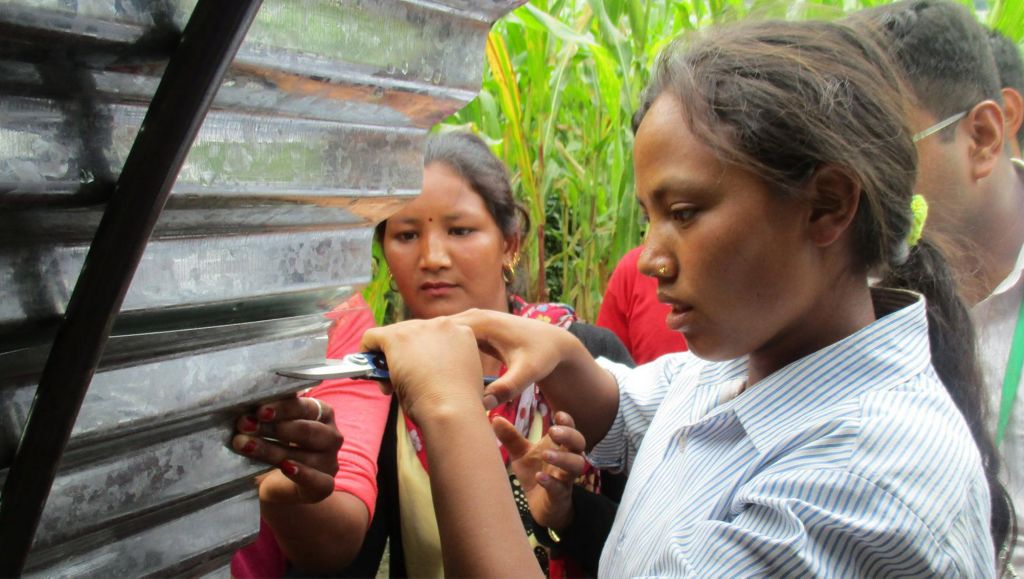Our earthquake support made a difference


The earthquake measured 7.8 on the Richter scale and was followed by a second one of similar magnitude. Nearly 9,000 people were killed, with over 22,000 injured. More than 600,000 houses were totally destroyed and a further 290,000 damaged.
“With the generous support of our trusted partners we have made great progress in supporting the earthquake response focusing on shelter, food, livelihoods, water and sanitation and have benefitted the lives of over 445,000 people. Many thanks for Volvo Group’s support,” says Hina West, Corporate Partnerships at Oxfam.
Emergency and improved shelter kits have been distributed as well as chlorinated water and latrines. Farmers have also been helped with accessing rice seeds, to replenish supplies that were destroyed.
Approximately 220,000 toilets were partially or totally destroyed in the earthquakes. In order to reduce the risks of diseases and promote better health, Oxfam has been repairing and rehabilitating water sources and restoring access to potable water in hard-to-reach areas. Latrines have been constructed or repaired and hygiene kits have been distributed. “We are now working towards sustainable water and sanitation provision, including water rehabilitation in schools,” states Oxfam.
Of the total houses damaged by the earthquake, one quarter belong to female-headed households. But women are at risk of being excluded from the housing reconstruction programmes. In response, Oxfam has been focused on gender, providing women with targeted support to strengthen their ability to provide for themselves and their families.
In addition to the Oxfam donation, the Volvo Group also donated 500.000 SEK to the World Food Programme. Across the Group, several local activities were initiated.